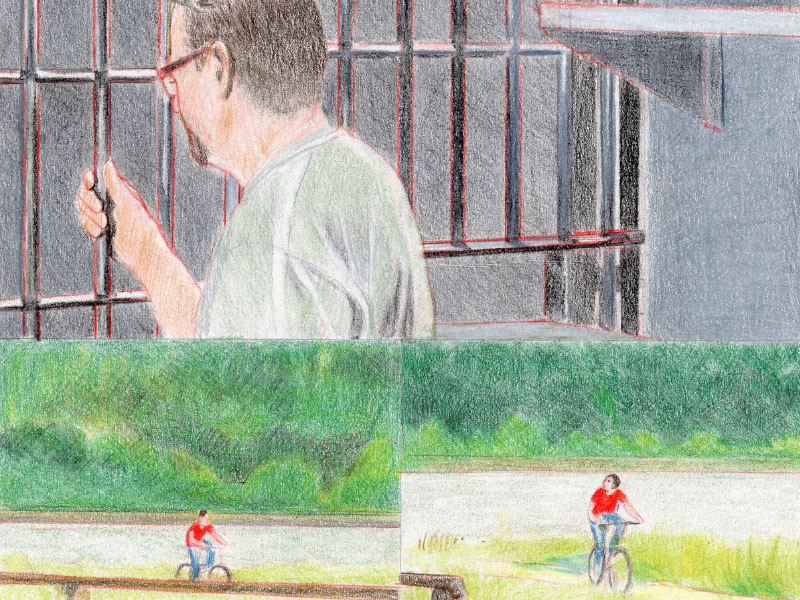
The article argues that solitary confinement is not only inhumane but also counterproductive, as it exacerbates violence within prisons and hinders successful reintegration of inmates into society.

This essay is part of How to Live With Regret, a series exploring the nature of regret and the role it plays in all our lives.

In Washington State, incarcerated individuals, with support from organizations like Look2Justice, are actively engaging in the legislative process by testifying before state lawmakers on issues directly affecting their lives, such as prison communication costs, extreme sentencing practices, and the use of solitary confinement.

In his memoir, Christopher Blackwell recounts the psychological and physical challenges he faced during an unexplained stint in solitary confinement, striving to maintain his dignity and positivity amid the dehumanizing conditions.

Women, especially women of color, shoulder financial and emotional burdens to support incarcerated loved ones, crucial for reentry and reducing recidivism.

Christopher Blackwell reflects on a fleeting moment of unity and the longing for freedom in prison, as incarcerated men come together to watch birds nesting on a windowsill.

In January 2024, NYC Mayor Eric Adams vetoed a bill to ban solitary confinement in city jails, a move criticized as inhumane and counterproductive. The City Council overrode his veto, enacting the ban.

The article discusses Washington’s House Bill 2030, sponsored by Rep. Tarra Simmons, which seeks to grant voting rights to incarcerated individuals.